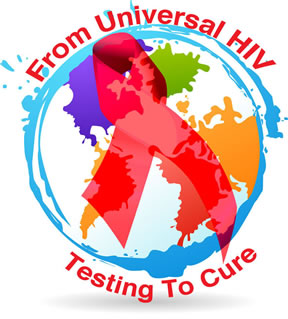BootsWebMD.com has revealed new research showing that Brits are going for gold as they gear up for a summer of sport. However, the research also showed that many are sustaining unnecessary workout-related injuries.
Over half of survey respondents (53%) said they have started a new fitness regime in 2012, with the main motivation among those who have done so being to keep fit rather than lose weight.
Their good intentions are making them feel less stressed (44%) and more confident (31%), yet nearly one in five (16%) has sustained an injury. As well as bruises, the most common injuries are ankle or wrist sprains (26%), shin splints (23%), pulling a muscle (23%) and hamstring injuries (19%).
Over one third (39%) from the survey of 2,000 people who said they have started a new fitness routine in 2012 look online for fitness information. In fact, among the top ten search terms on BootsWebMD.com’s fitness centre are ‘hamstrings’ and ‘shin splints’, reflecting the common injuries identified in the research.
Richard Callender, fitness instructor and TV trainer from ITV’s ‘The Biggest Loser’, said: “It’s really encouraging to see so many people getting more active in 2012. Everyone has different motivations for exercising, whether it’s to keep fit, lose weight, de-stress or just to have fun and socialise with friends and family, but it’s vital they all know how to exercise safely.”
The research shows that for people to continue this positive step, stay healthy and prepare for a summer of sport, they need to be taking greater care when exercising. Over a quarter (27%) of people surveyed admit they do not feel confident they are exercising in a correct and safe way/ Reasons for injury include not following instructions properly (28%), exercising too strenuously (34%) or not being offered proper inductions (23%). A third (33%) of the injuries has led to a long-term health problem.
Dr Rob Hicks, GP and BootsWebMD.com contributor, said: “Exercising is one of the best ways for people to stay fit and healthy, and it’s important that people look after themselves and follow the correct instructions when they exercise and know what level of exercise they should be adopting. There are both short and long-term health consequences of not exercising safely and people should ensure they feel comfortable with what they are doing before they start.”
Further findings from the research showed that more women (54%) than men (52%) have taken up a new fitness routine in 2012. The age group most likely to have started a fitness routine this year is those between 18-24 (64%).
Via EPR Network
More Healthcare press releases















